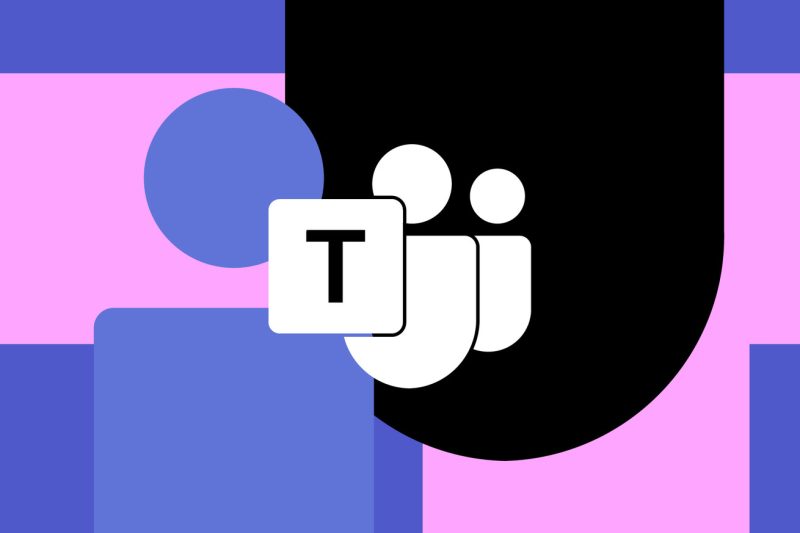In the competitive world of technology, companies often find themselves at odds with regulating bodies over antitrust issues. One recent case that has captured attention is Microsoft being charged with EU antitrust violations for allegedly bundling its Teams software with its popular Office suite. This move by the European Commission has raised concerns over potential anti-competitive practices and has sparked a debate on the role of regulatory bodies in ensuring fair competition in the tech industry.
Microsoft’s Teams software, which offers communication and collaboration tools for businesses, has seen significant growth in recent years, especially with the shift to remote work due to the COVID-19 pandemic. By integrating Teams into its Office suite, Microsoft has been able to offer a more comprehensive solution to its customers, providing seamless access to both productivity and communication tools.
While this bundling may seem beneficial to consumers by providing a more integrated and streamlined user experience, regulators argue that it could stifle competition in the marketplace. By including Teams in its Office suite, Microsoft may gain an unfair advantage over other competitors offering similar communication and collaboration tools. This could potentially harm smaller companies that are unable to compete with Microsoft’s vast resources and market reach.
The European Commission’s decision to charge Microsoft with antitrust violations is a strong signal that regulators are closely monitoring the practices of tech giants and are willing to take action to ensure fair competition. This move is in line with the EU’s commitment to promoting competition and innovation in the digital market and preventing the abuse of dominant market positions.
Microsoft, on the other hand, has defended its bundling of Teams with Office, arguing that it enhances user productivity and offers a more cohesive experience for its customers. The company believes that bundling these services provides value to users and is not anti-competitive in nature.
This case highlights the ongoing tension between tech companies seeking to innovate and provide value to customers, and regulators aiming to protect fair competition in the digital market. As technology continues to evolve and play a central role in our lives, it is crucial for regulatory bodies to stay vigilant and enforce antitrust laws to prevent monopolistic practices that could harm consumers and hinder innovation.
In conclusion, the charges brought against Microsoft by the EU for bundling Teams with its Office suite underscore the complexity of competition issues in the tech industry. As this case unfolds, it will be interesting to see how both Microsoft and regulators navigate these challenges and work towards a resolution that balances innovation, consumer interests, and fair competition.
